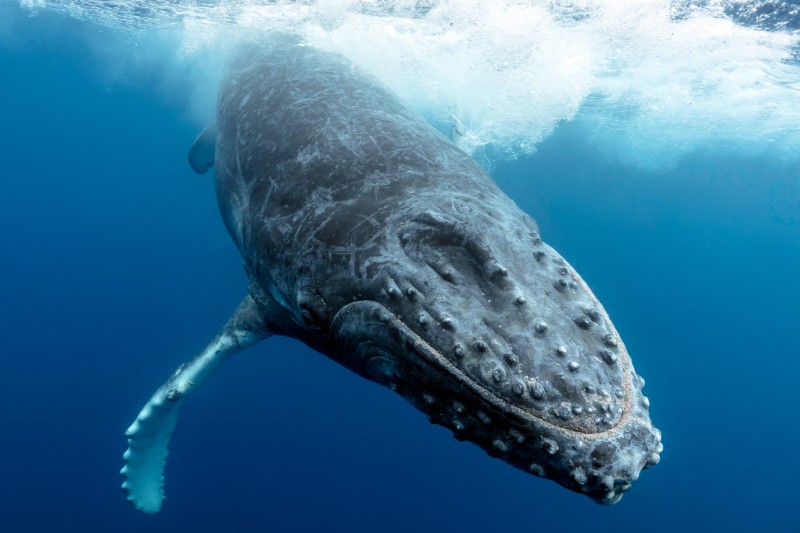We value our work in conservation as an imperative matter. We travel the world to make sure different species are taken care of and able to live in a healthy and sustainable environment.
Crocodilians
We are constantly working on the conservation of crocodilians. We've conducted research on alligators in the Florida Everglades for almost a decade, focusing on the transition zones between saltwater and freshwater in the Shark River basin. The goal is to anticipate how these animals will respond to changes in water flow from an ongoing large-scale restoration project. We are also conducting surveys and experiments to look at the ecosystem-level effects of alligators as ecosystem engineers, primarily in phosphorus-poor Everglades freshwater marshes.
Humans have radically altered the hydrology of the coastal Everglades, but there are ongoing efforts to restore water flow to a more natural state. How these changes will impact the large predators is largely unknown. We've initiated studies using a combination of telemetry, stable isotopic analysis and experiments to understand what drives habitat use, movements and interactions of top predators.
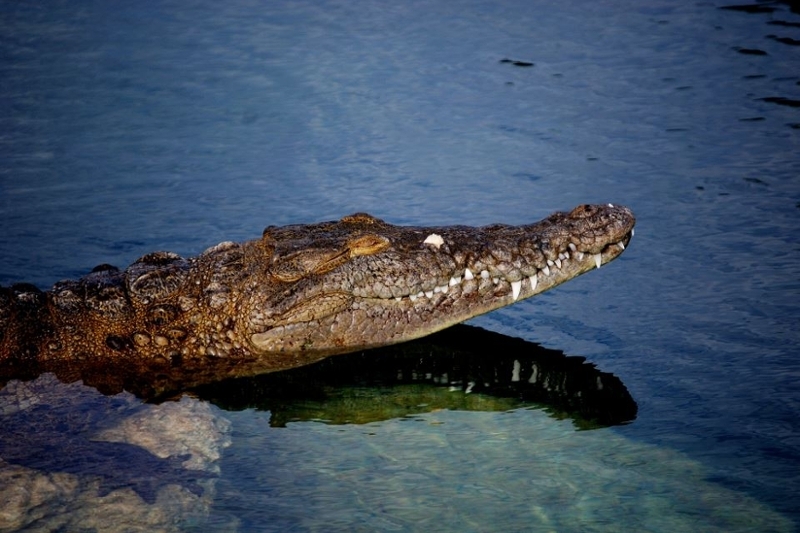
Fishing Policy/Bycatch
Overfishing is a huge environmental and socioeconomic problem facing marine ecosystems. It reduces biodiversity and alters ecosystem functioning. Thanks to support from Save Our Seas and collaborators like Pontificia Universidad Javeriana de la Compañía de Jesús, Parque Nacional Natural Corales de Islas del Rosario y San Bernardo, ReGuaR, Kap Natirel, and the Environmental Research Institute of Charlotteville, Tobago, PhD student Camila Caceres is sampling artisanal fishers to learn more about the communities that survive along Caribbean coastline
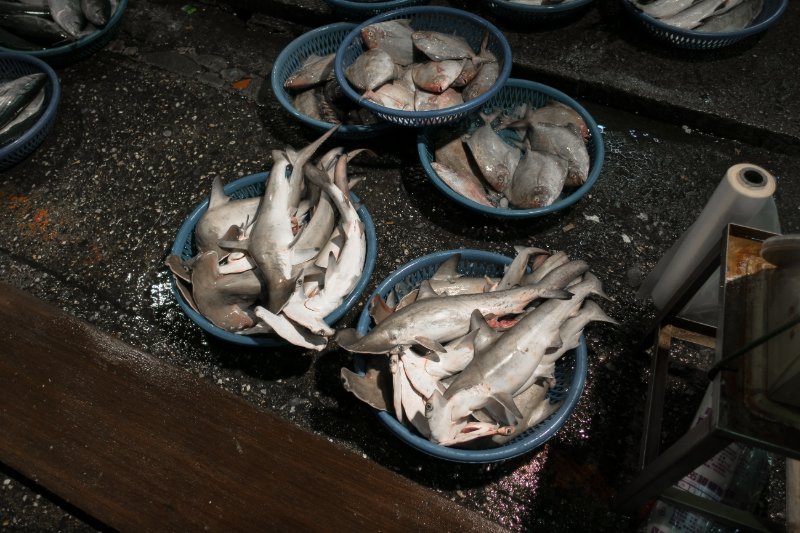
Pangolins
Pangolins are the world's only true scaly mammals, and they are in dire need of research and urgent conservation action. Eight species exist in Africa and Asia, where they have been exploited locally for food and traditional medicines throughout history. This continues today, despite the species being legally protected in most range states. The main threat to pangolins, both in Asia and Africa, is poaching for international wildlife trafficking.
We estimate more than one million pangolins have been taken from the wild since 2000 for international trafficking. Despite these levels of offtake, there is virtually no quantitative information on pangolin populations and only minimal information in pangolin ecology and basic biology. Pangolins are important to local communities as a protein source, their ecological role in tropical forest food webs, and their general charisma, yet they may be the least-known mammals in the world. Consequently, implicit in future monitoring efforts is the need to generate further knowledge on pangolins and their natural history.
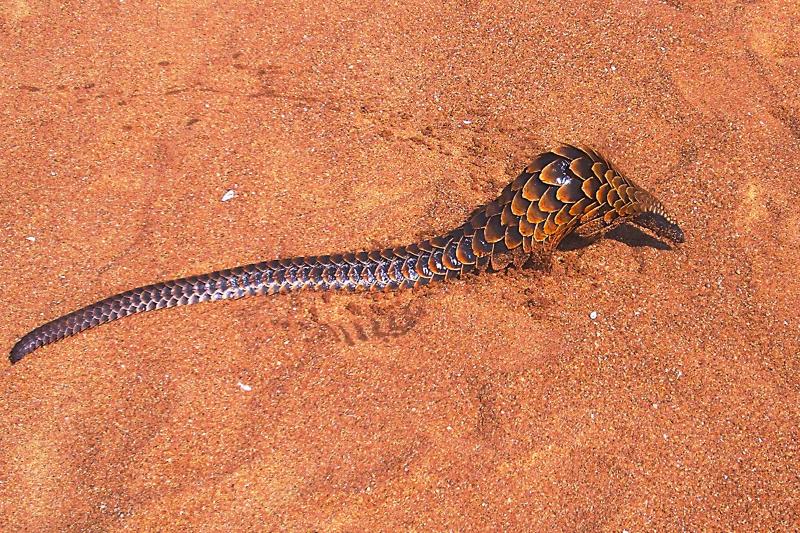
Sea Turtles
Centuries of exploitation have depleted sea turtle populations to a fraction of their historical numbers. Successful conservation depends on protection of these endangered species, their habitat and predators – all of which vary greatly among coastal communities. The continued decline of sharks, sea turtles' natural predators, and human-driven changes in habitat can affect turtle behavior and habitat use.
We have been involved in sea turtle research since 1997, when initial studies began as part of the Shark Bay Ecosystem Research Project (SBERP) in Western Australia.
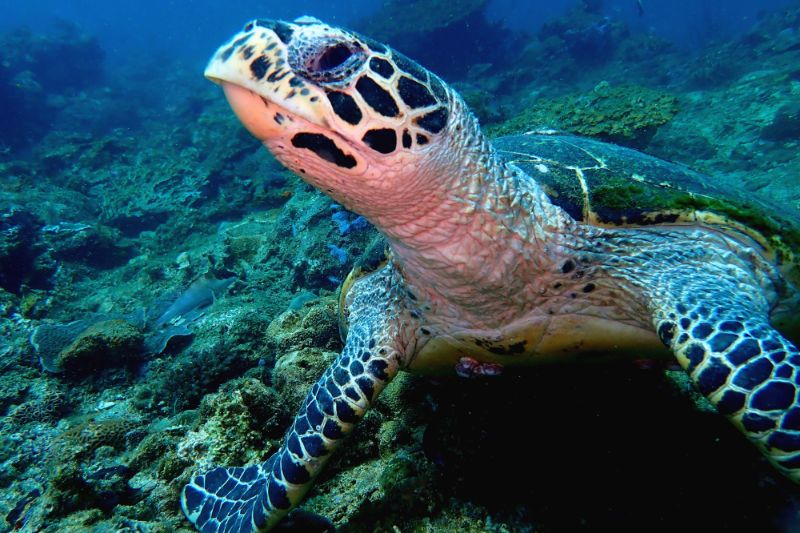
Due to anthropogenic stressors, hawksbill populations have decreased over 80% in the last 100 years and are listed as a Critically Endangered species on the IUCN Red List of Threatened Species. Stressors include the tortoiseshell trade, egg collection, harvest for meat, destruction of nesting and foraging habitats, ingestion of marine debris, oil pollution and bycatch in fishing gear. It is imperative to understand the current distributions of these endangered turtles along with the human and environmental factors that influence their current and potential future distributions to promote population recovery. We will use the information collected from our studies in Nosy Be, Madagascar to create a National Plan of Action for the protection of hawksbill sea turtles of Madagascar in order to mitigate detrimental human factors influencing their distribution.
Sharks & Rays
Shark and ray populations around the world are in decline due to overexploitation from commercial fishing and habitat loss. Conservation of these important species relies on our ability to accurately monitor their populations, measure the progress of current recovery efforts, and identify which species are in greatest need of future conservation measures.
Unfortunately, we are currently lacking even the most basic of information for nearly half of all known shark species. This lack of information poses one of the greatest challenges to the future conservation and preservation of sharks and rays.
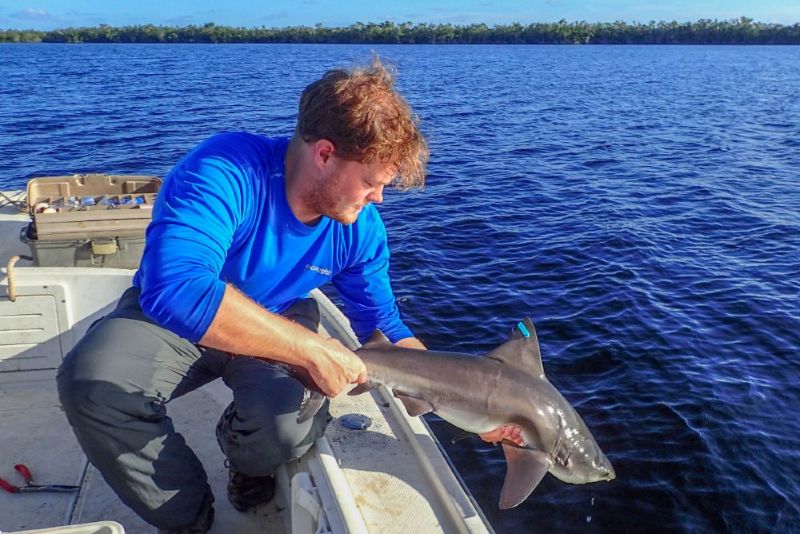
Whales & Dolphins
We conduct research on dolphins in Shark Bay, Western Australia and the coastal Everglades. With the National Geographic, Dr. Heithaus helped other scientists by deploying "Crittercam" on humpback whales, pilot whales, false killer whales, and bowhead whales. Recently, the lab started a study of deep-diving species in the Caribbean.
